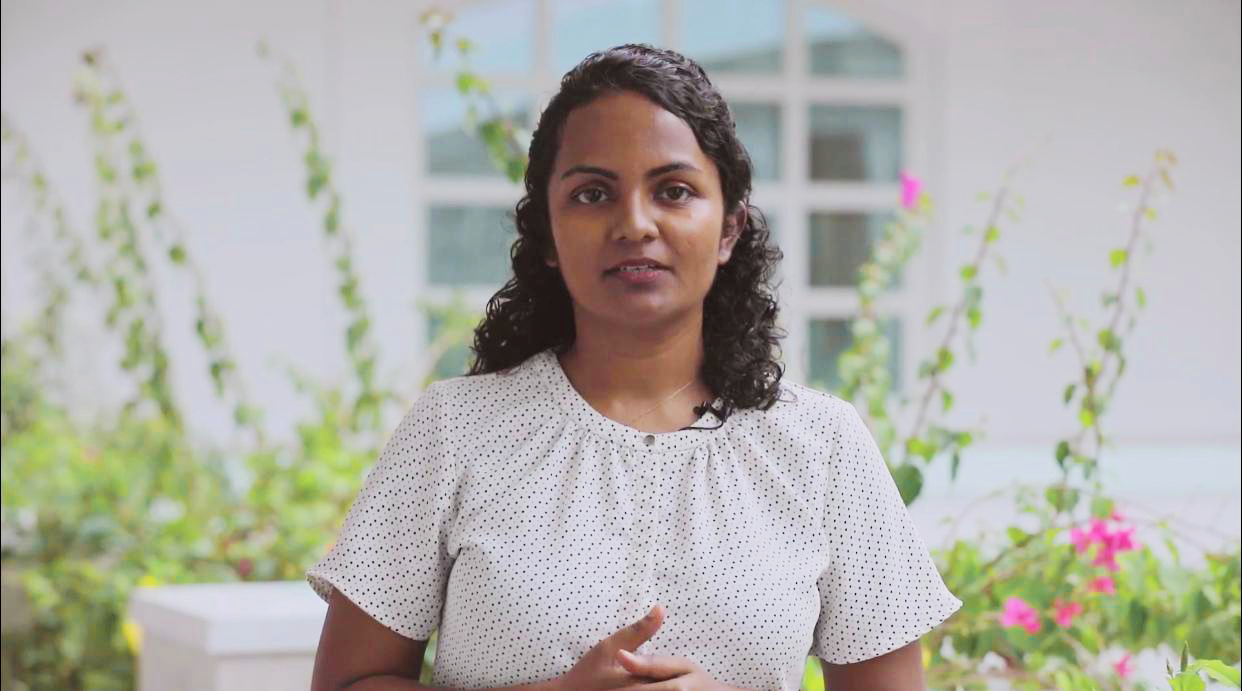Malé, Maldives – The world is failing to stop climate change, says Aminath Shauna, Minister of Environment, Climate Change and Technology of Maldives.
The Minister’s comment comes following the Intergovernmental Panel on Climate Change (IPCC)’s sixth assessment report which was published this Monday.
In a press release by the Ministry, Minister Shauna was further quoted saying, “we are fast approaching a point of no return, threatening life not just in vulnerable countries like the Maldives, but everywhere”.
We need renewed global efforts to rapidly decarbonise the global economy. Vulnerable countries like the Maldives also need urgent help so we can properly adapt to climate change, as well as hot our own net-zero targets.
Aminath Shauna, Minister of Environment, Climate Change and Technology, Maldives, 2022
She also called for a dedicated financing facility to support the most vulnerable countries, which are already suffering significant losses and damages caused by climate change.
Further, she assured that the climate change agenda of the Maldivian government towards resilience building and adaptation efforts will be enhance based on the findings of this report, and added that ongoing efforts and implementation work related to areas such as coastal protection, flood mitigation, water and food security, sustainable economic development, sustainable management of reefs, biodiversity, ecosystems, climate proofing of critical infrastructure, and health and wellbeing of the Maldivian communities will be strengthened to promote such climate resilient development.
The press release also commended the efforts of IPCC, the scientific teams and those who contributed to the formulation of the report.
The sixth IPCC report found that more than ever before, climate change is causing dangerous and widespread disruption to both human societies and the natural world. It also warned that communities and ecosystems least able to cope with the impact of climate change are being hit the hardest.
Additional areas of concern highlighted in the report was the narrowing window of opportunity to slash greenhouse gas emissions, as well as to adapt to climate change as temperatures continue to rise and the world approaches the 1.5 degree threshold, after which many devastating climate impacts become irreversible.
The report also explains how small island developing states are increasingly affected by temperature increases, bigger storms, changing rainfall, sea-level rise, coral bleaching, floods and threats to water and food security, indicating that “despite contributing least global warming, small islands are being impacted first and most severely by climate change.
Maldives, being among the most vulnerable countries in the world to climate change, has continued to be a loud voice in climate change mitigation and adaptation platforms. However, the country’s government often finds itself under fire by the general public.





